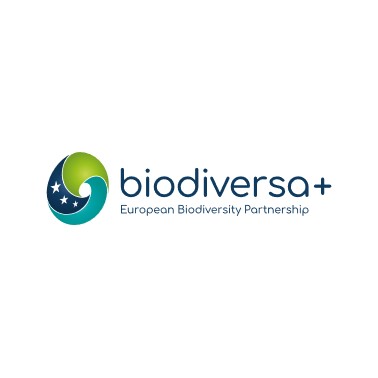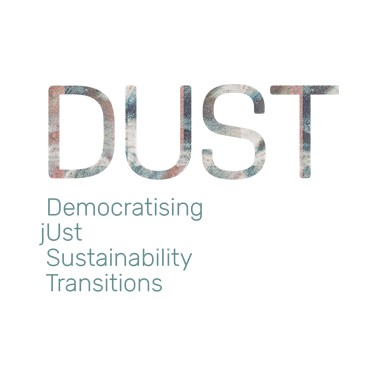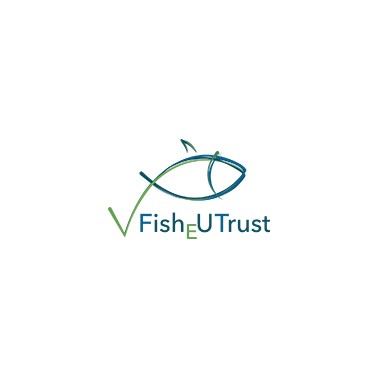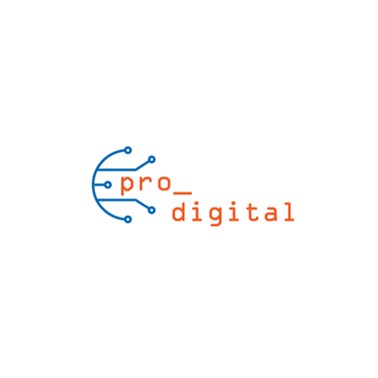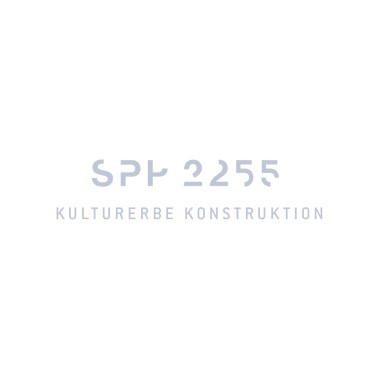Global change and transformation processes

Structural change is not just an economic process, but also influences and changes society through various channels. Regional settlement structures are changing and some sub-regions must be particularly active in finding ways to reverse demographic trends. Interdisciplinary approaches ranging from Environmental Sciences, climate change, post-mining landscapes and Urban Planning to the economic and social consequences of structural change are part of the research at the university.
Example projects
FUNPROD - The relationship between functional diversity and food production and quality under ecological intensification
Prof. Birkhofer, Chair of Ecology
Ecological intensification of agriculture minimises environmental damage and ensures food quality. This project analyses data on the promotion of ecological intensification in Europe to support policy decisions. Functional biodiversity is crucial for this approach. A better understanding of its impact is essential ahead of agricultural policy reform and in the face of global challenges.
DUST - Democratising jUst Sustainability Transitions
Prof. Weidner, Chair Urban Management
Against a backdrop of uncertain democratic institutions, the European Union (EU) - in co-operation with national, regional and local governments - is trying to bring its sustainability policies closer to its citizens in line with its active subsidiarity principle. In response to this challenge, the Democratising jUst Sustainability Transitions (DUST) project has received funding under the Horizon Europe call "The future of democracy and civic participation".
FishEUTrust - European integration of new technologies and social-economic solutions for increasing consumer trust and engagement in seafood products
Prof. Mirsky, Chair Nanobiotechnology
FishEUTrust is setting up five co-creation living labs in the Mediterranean, the North Sea and the Atlantic. They will fund innovation and process validation, demonstrate supply chain solutions and innovations such as sustainable business models, cultural protection, short supply chains, use of underutilised fish species and promotion of positive consumer behaviour. The project is also developing tools to maximise confidence in the quality, safety and traceability of fishery products through smart control systems, metagenomics, genetic biomarkers, isotope techniques and blockchain.
pro_digital - pro_digital European Digital Innovation Hub (EDIH)
Prof. Berger, Chair of Automation Technology
The aim of the project is to fund the digital and green transformation in Brandenburg by supporting start-ups, SMEs, midcaps and public administration. Digital technologies enable them to operate more sustainably and reduce CO2 emissions. We offer a variety of digital solutions to increase digital maturity and contribute to the EU's Industry 5.0 strategy. Companies and public administrations in the state of Brandenburg can take advantage of the free services offered by pro_digital.
SPP 2255: Steel railway bridges as a legacy of high modernism - foundations for a holistic decision-making process between repair and renewal
Prof. Lorenz, Chair of Structural Engineering History
The Deutsche Bahn rail network is to be modernised as part of the transport turnaround, and many old steel railway bridges are also affected. Up to now, decisions on renewal or repair have mainly been made on a technical and economic basis, while architectural and ecological aspects are often neglected. The project aims to develop a comprehensive assessment methodology that takes all relevant criteria into account. Comparable assessment keys for technology, economic efficiency, Ecology and building culture will be developed and brought together in an overall system. Case studies on specific DB Netz AG bridge projects will refine the methodology and lead to its implementation in practice. The BTU Cottbus-Senftenberg and the Bergische Universität Wuppertal are working together.

